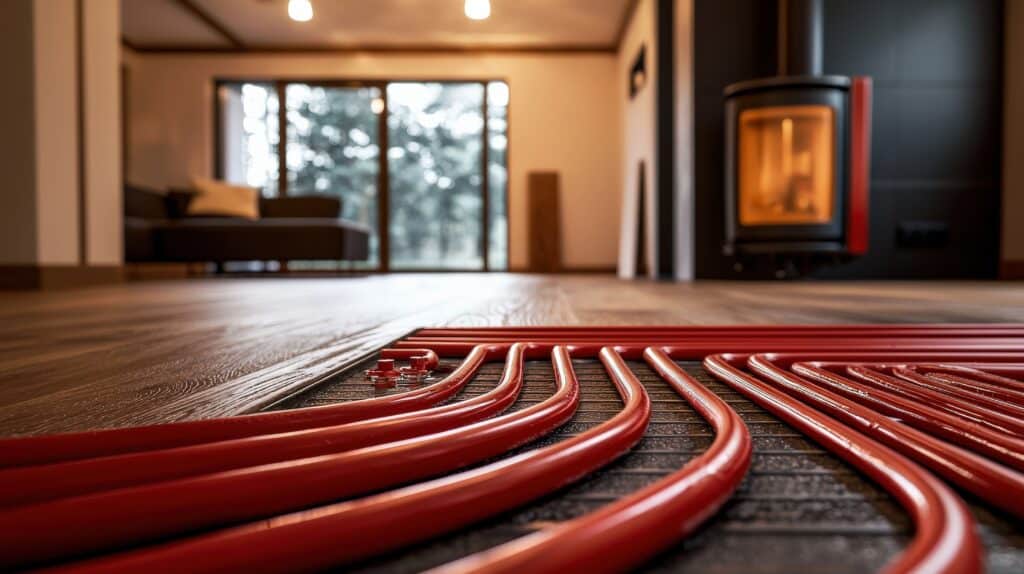For decades, traditional fossil fuel boilers powered by gas or oil have dominated the heating industry. However, as environmental concerns grow and the call for sustainable solutions intensifies, many individuals and businesses are turning to electric alternatives.
One standout innovation in this space is the NextGen electric boiler, a cutting-edge solution driven by new technologies that are transforming the heating industry by addressing efficiency, environmental impact, and convenience.
This article explores how NextGen boilers work, their benefits, and why they are hailed as game-changers in the transition toward greener heating solutions that help reduce emissions.
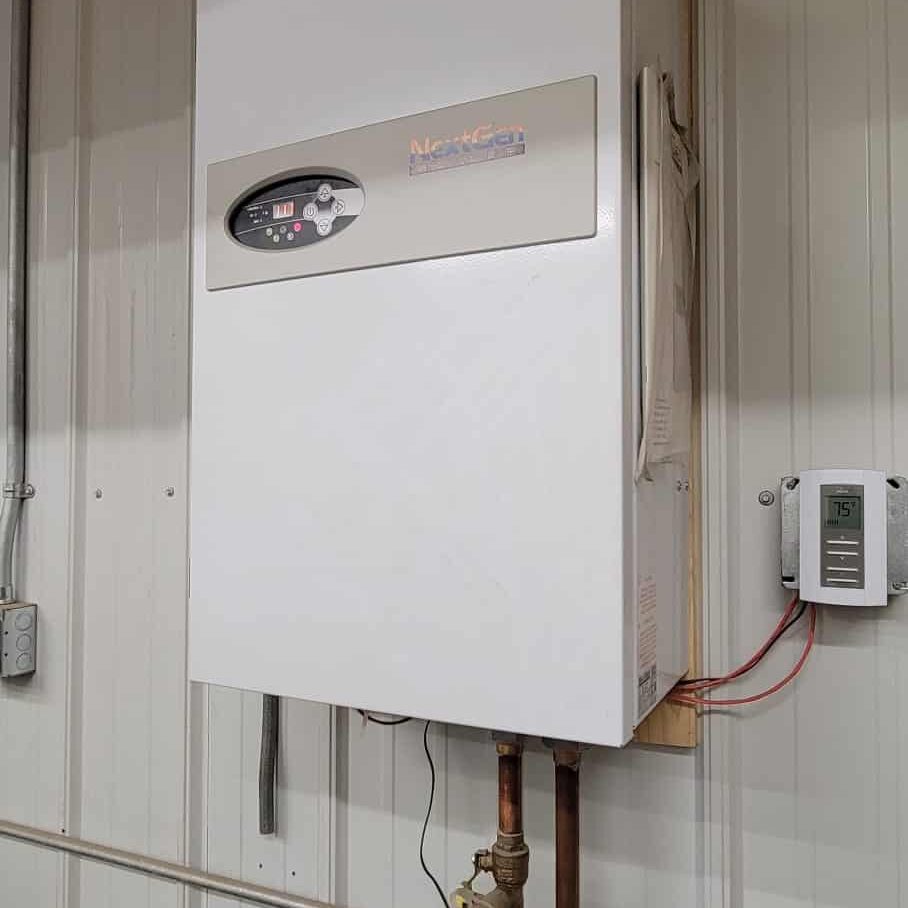
Rethinking Heating with NextGen Boilers
NextGen boilers were developed to redefine home heating by offering energy-efficient, eco-friendly alternatives to fossil fuel boilers, supporting the NextGen path toward sustainable building and cleaner energy use.
Features of NextGen Boilers
Energy Efficiency
Traditional gas boilers typically operate at around 95% efficiency, while NextGen electric boilers approach nearly 100%. Compared to efficient boilers and condensing boilers, which are designed to maximize energy savings and reduce emissions, NextGen boilers meet or exceed the standards of high efficiency boilers, ensuring optimal performance and compliance with the latest regulations. This means that almost all the energy consumed is converted into heat, reducing waste and heating bills.
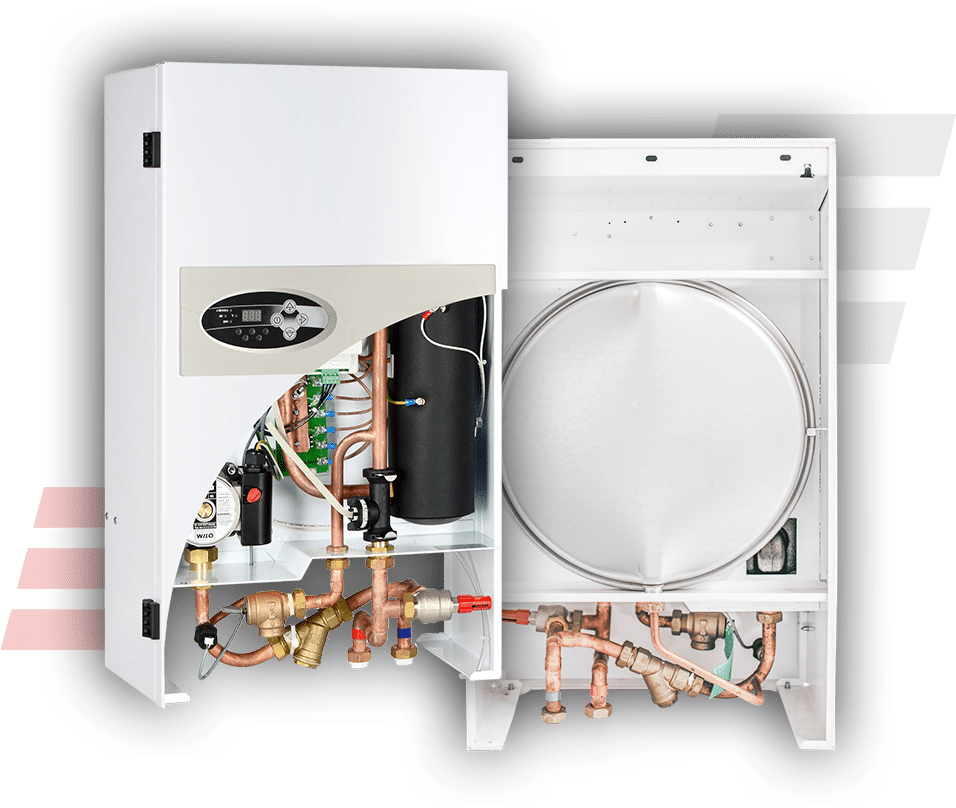
Sustainability
These boilers integrate seamlessly with smart home systems, offering features like remote control via smartphone apps. This means users can control their home’s heating system conveniently and efficiently from anywhere.
Maintenance-Free Operation
NextGen boilers have fewer moving parts compared to gas systems, which significantly reduces the need for regular maintenance and costly repairs.
Quick and Easy Installation
With a streamlined design, NextGen boilers can be professionally installed in as little as 45 minutes, eliminating the hassle of lengthy installation processes. This installation is often simpler and faster than that of a gas boiler, making it a convenient choice for homeowners.
Versatility
NextGen boilers work seamlessly with various systems, including hydronic heating, radiant floor heating, and air conditioning, making them a flexible choice for diverse needs. They can be integrated into a hydronic heating system and are designed with advanced heat exchanger technology to efficiently distribute heat throughout the building.
The Benefits of Switching to NextGen Boilers
NextGen boilers are more than just modern heating appliances. They represent a giant leap forward in how we think about energy, efficiency, and comfort. Many factors, including regulatory changes, technological advancements, and evolving consumer preferences, are driving the shift to NextGen boilers. As a result of these factors, there is increased demand for NextGen boilers in both residential and commercial markets.
Energy Cost Savings
NextGen boilers are highly efficient, which can lead to significant savings on energy bills—a large percentage of homeowners have reported noticeable reductions in their heating costs after switching to NextGen boilers. Additionally, their modulating controllers minimize peak energy loads, further reducing costs for homeowners.
Compact Design
Gone are the days of bulky equipment hogging valuable space. NextGen boilers feature slim profiles, making them a great fit even for small, modern homes with limited square foot area where space is at a premium.
Longer Lifespan
Thanks to their innovative design with fewer moving parts, these boilers often last much longer than traditional fossil fuel systems, providing better value over time.
Financial Incentives
NextGen boilers are often eligible for government tax credits and energy-efficient incentives. These programs help offset the initial costs of installation and encourage the adoption of cleaner technologies.
Green Building Solutions
Contractors using NextGen boilers can position themselves as leaders in sustainable construction, especially by incorporating these systems during the build process to maximize energy efficiency. Offering projects with eco-friendly heating solutions is a significant draw for environmentally-conscious clients. There is also a growing trend of specifying NextGen boilers in new construction projects to meet evolving sustainability standards.
Hydronic Systems and Their Role in Eco-Friendly Heating
Hydronic heating systems are the perfect partners for NextGen boilers, offering efficient water heating for both space and domestic use. They provide efficient, flexible, and comfortable heating solutions, with optimal system performance depending on the selection of the right power source and heat source. Here’s why they are gaining popularity.
How Hydronic Heating Works
Hydronic systems use water as a medium to transfer heat, with heat transfer being the core process that enables efficient and uniform heating throughout the space. Heated water circulates through a network of pipes, distributing warmth to radiators, baseboards, or underfloor systems. This ensures consistent temperatures, eliminating uneven cold or hot spots often found in traditional systems.
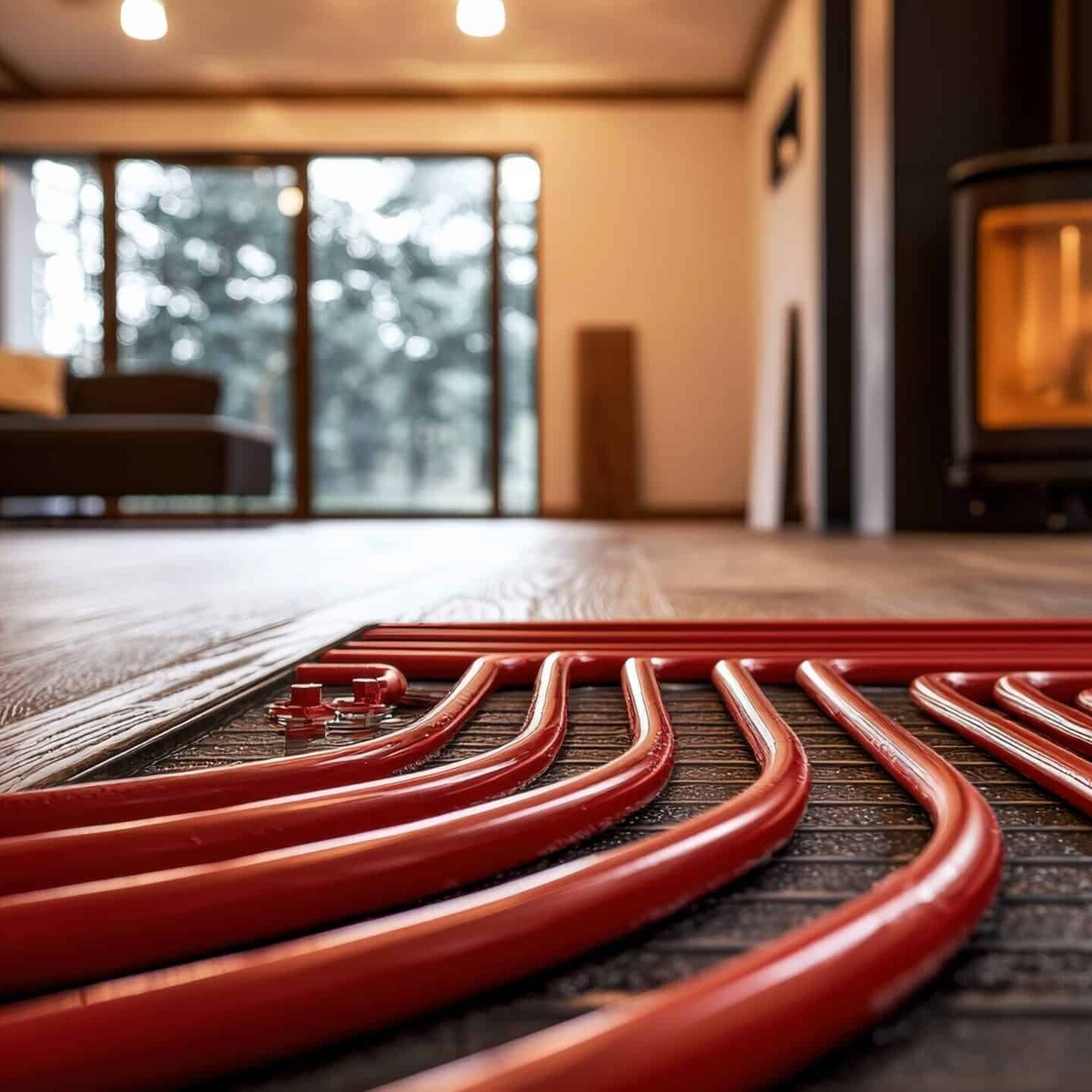
Ideal Applications
Radiant Floor Heating
The system warms floors evenly, creating a cozy, luxurious feeling underfoot. This is a form of radiant heating that enhances comfort and efficiency. It’s particularly effective in cold climates.
Radiator and Baseboard Heating
These systems provide adjustable, targeted warmth in specific rooms or areas.
Integrated Heating and Cooling
Hydronic systems combine heating and cooling for a year-round comfort solution.
Efficiency and Sustainability
Hydronic systems dramatically improve efficiency by reducing energy waste. Combined with electric boilers, they create a heating infrastructure that is both sustainable and reliable.
By integrating hydronic systems with NextGen boilers, you create a future proof heating solution that can easily adapt to evolving technologies and changing regulations, ensuring long-term value and sustainability.
Heat Pumps and Electric Boilers
Heat pumps are another eco-conscious technology, with new technology and new technologies driving advancements in heating, often used with NextGen boilers to maximize heating efficiency.
They extract heat from sources like the air or ground and transfer it indoors, acting as sustainable alternatives to traditional HVAC systems, and these solutions are increasingly being adopted as residential boilers in modern homes.
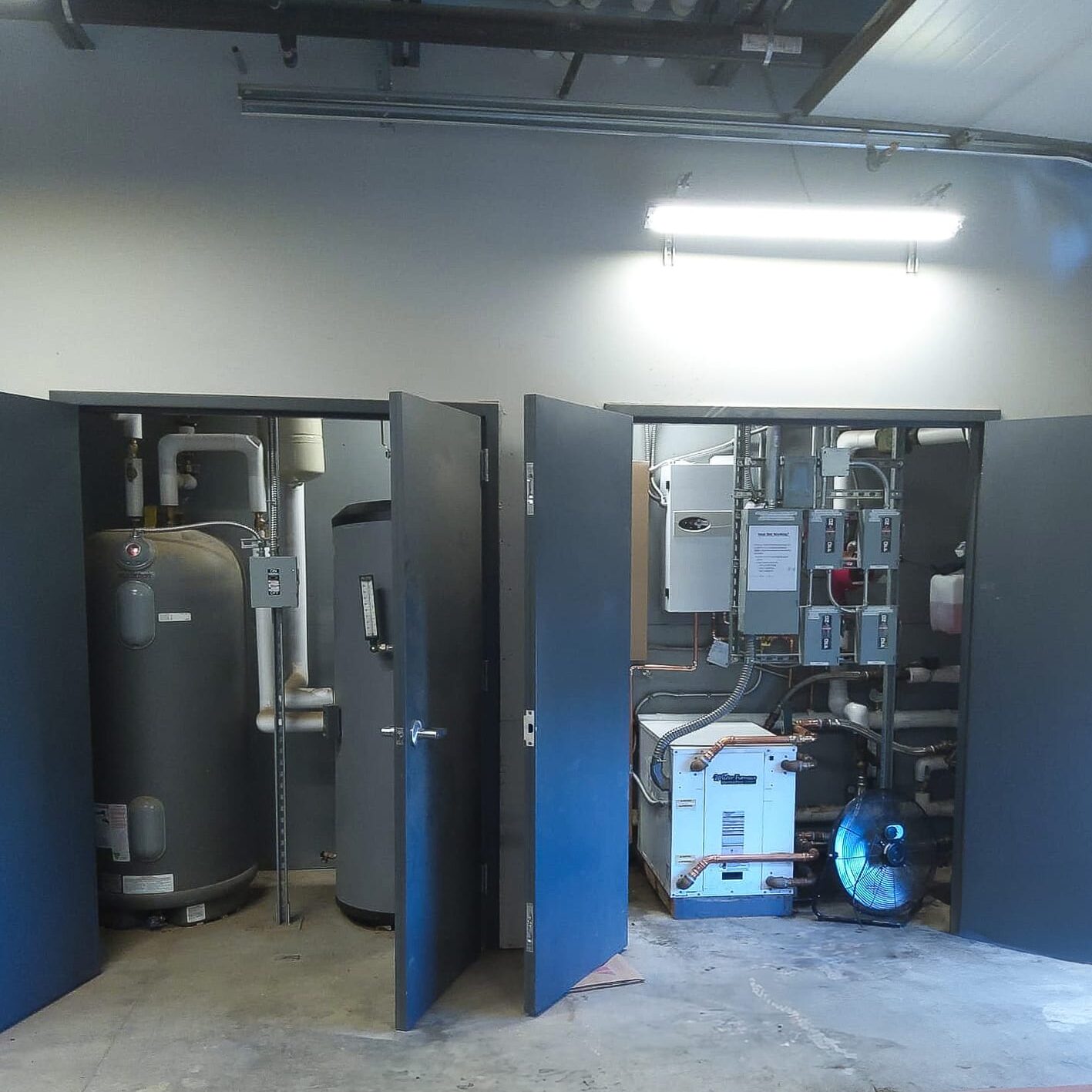
Heat Pumps and Electric Boilers
High Energy Efficiency
Heat pumps work exceptionally well in combination with electric boilers, enabling efficient energy use and cost reductions.
Lower Environmental Impact
Both technologies rely on electricity and avoid the burning of fossil fuels, minimizing greenhouse emissions. In comparison, natural gas systems, while often efficient, still produce direct emissions and are subject to evolving environmental regulations.
Eligibility for Tax Credits
Many regions offer financial incentives for homeowners installing heat pumps and electric boilers as part of an eco-friendly heating solution. These incentives are often influenced by local codes and regulations, which may prioritize low-emission technologies.
Renewable Energy Compatibility
When powered by solar or wind energy, these systems become virtually carbon-neutral.
Comparison with Traditional Fossil Fuel Boilers
As the heating industry evolves, the debate between electric boilers and traditional fossil fuel boilers becomes increasingly relevant. Understanding the differences in performance, environmental impact, cost, and maintenance can help homeowners and professionals make informed decisions about their heating systems.
Performance and Efficiency
Electric boilers, such as the NextGen electric boiler, are engineered for high efficiency and consistent performance. These systems are capable of distributing heat evenly throughout a building, ensuring a comfortable and quiet environment. Unlike gas fired boilers, which can lose efficiency over time and may produce uneven heating, electric boilers maintain their high efficiency throughout their lifespan.
When paired with heat pumps, electric boilers become part of a highly efficient heating system that maximizes energy use and minimizes waste. This combination is especially effective in both residential and commercial settings, where reliable heat and energy savings are top priorities. In contrast, traditional fossil fuel boilers, including gas and oil models, often operate at lower efficiency levels and contribute to higher energy consumption and emissions.
Environmental Impact
The shift to electric boilers is driven in large part by their positive environmental impact. Powered by renewable electricity, electric boilers can significantly reduce carbon emissions and help lower the overall carbon footprint of a building. This is a stark contrast to gas boilers and other fossil fuel systems, which emit greenhouse gases and contribute to air pollution.
Integrating heat pump water heaters and other energy efficient technologies further enhances the sustainability of modern heating systems. As government incentives like the Inflation Reduction Act encourage the adoption of energy efficient heating systems, electric boilers and heat pumps are becoming central to efforts aimed at reducing emissions and promoting environmental responsibility in both new and existing buildings.
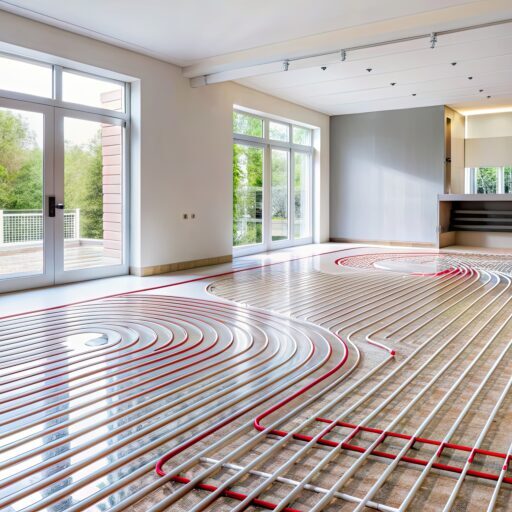
Cost Over Time
When considering the financial aspects of heating systems, it’s important to look beyond the initial purchase price. While electric boilers may have a higher upfront cost compared to some fossil fuel options, they often deliver substantial savings over time. Their energy efficient operation leads to lower utility bills, and their minimal maintenance requirements reduce ongoing expenses.
In contrast, traditional fossil fuel boilers may seem more affordable at first but can incur higher operating and maintenance costs as they age. The growing availability of renewable energy sources, such as solar panels, further enhances the cost effectiveness of electric boilers, making them an increasingly attractive choice as energy prices fluctuate and sustainability becomes a priority.
Installation and Maintenance
One of the standout advantages of electric boilers, including the NextGen electric boiler, is their straightforward installation and low maintenance needs. These systems are designed with compact footprints and smart technology integration, allowing for quick setup and easy integration with existing heating systems. Unlike fossil fuel boilers, which often require complex venting and regular servicing to ensure safe operation, electric boilers simplify both installation and ongoing care.
The addition of heat pumps and other energy efficient technologies can further streamline the process, reducing the need for specialized labor and equipment. Leading boiler manufacturers, such as Laars Heating Systems, are continually innovating to enhance the efficiency, reliability, and user-friendliness of electric boilers, ensuring they remain a top choice for modern, energy efficient heating solutions in all types of buildings.
Market Trends and Future for NextGen Boilers
The heating industry is seeing a rapid shift driven by a mix of government incentives, rising energy costs, and a growing demand for sustainability. NextGen boilers are leading this change, primed to meet the evolving needs of eco-conscious homeowners and construction professionals. The Nextgen path toward sustainable heating emphasizes integrating renewables and energy-efficient solutions, with the Nextgen boiler playing a central role in this transition.
According to Todd Seed, strategic account representative, "The market is seeing increased demand for electric boilers due to regulatory changes and the push for decarbonization, especially in new construction and luxury homes." As Vice President of Product Development at a leading manufacturer notes, staying ahead of these trends is essential for industry leadership. Seed notes are critical in guiding the development, testing, and regulatory compliance of new boiler technologies, ensuring quality and innovation.
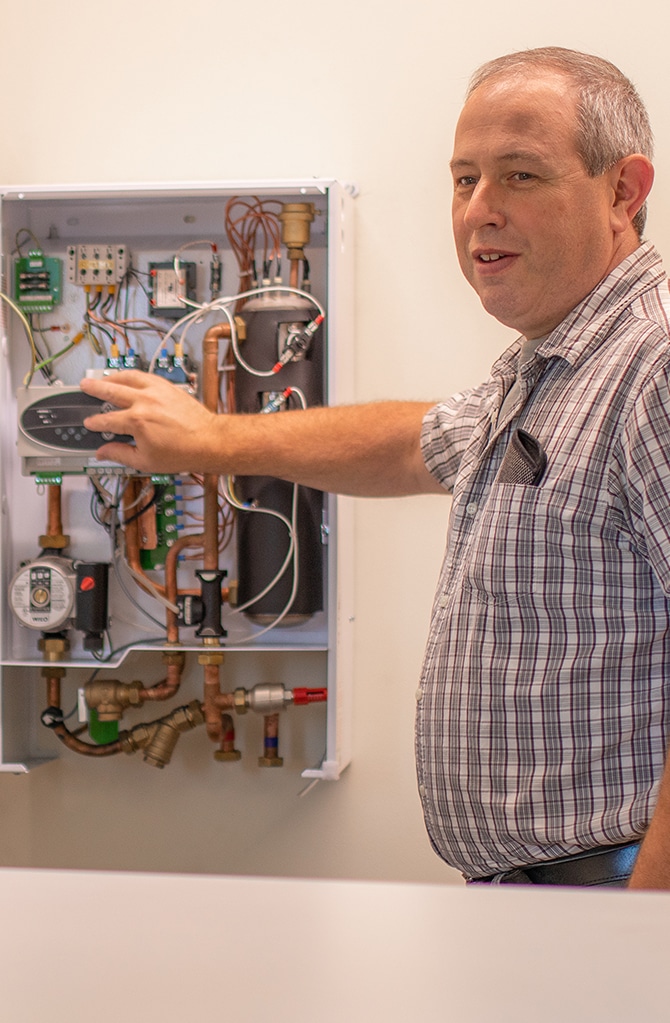
Key Trends
Growth in Green Technologies
The global push towards renewable energy and net-zero emissions has accelerated interest in efficient heating solutions like NextGen boilers.
Consumer Awareness
With increased awareness of their carbon footprint, homeowners want heating systems that align with personal and global environmental goals.
Regulatory Pressure
Governments worldwide are introducing stricter emission standards, pushing the adoption of electric boilers and phasing out fossil fuel systems.
Opportunities for Contractors
For contractors, offering NextGen technologies isn’t just a way to save their clients money; it also positions their business as leaders in sustainable construction. Early adopters of green technologies will benefit from higher demand and prestige in a rapidly evolving market.
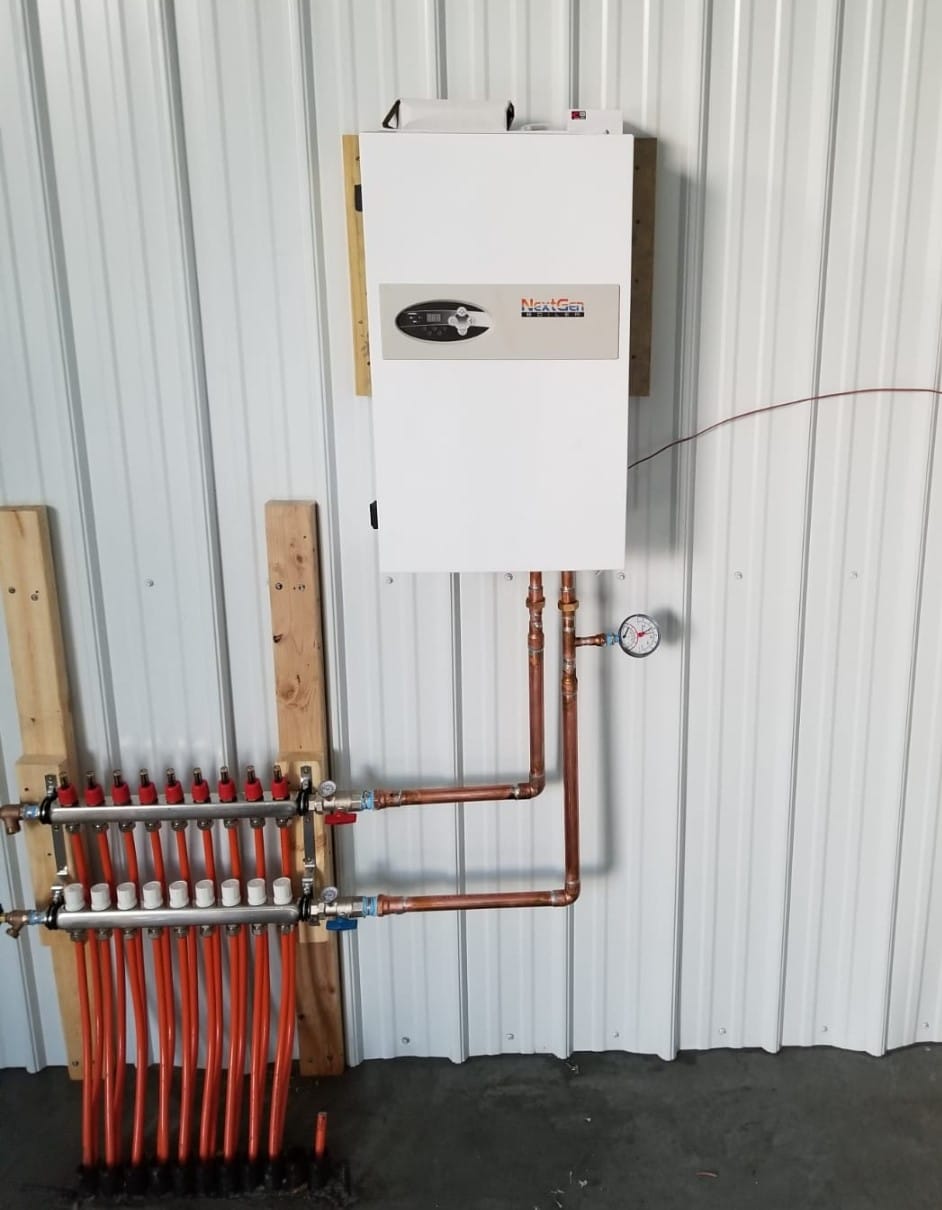
Make the Switch to NextGen Boilers Today
The future of home heating is clear. With NextGen boilers, homeowners and contractors alike can experience efficient, eco-friendly systems that are both practical and sustainable. By reducing energy costs, eliminating emissions, and offering unmatched convenience, these boilers are setting a new standard for what heating should look like.
If you're ready to upgrade to a modern, sustainable boiler system, book a free consultation with NextGen today and step into the future of home heating.
Ready to experience the future of heating?
Don’t wait—take the first step today. Whether you’re a contractor or wholesaler, NextGen Boiler is here to meet your needs with innovative, reliable, and efficient solutions.

